Moving isn’t just about changing your address; it’s about changing your life.
If you’re here, chances are you’re planning a move. Maybe it’s across town. Maybe it’s across the country. Either way, you’re probably feeling a mix of excitement, stress, and about a hundred unanswered questions. That’s normal.
You might be wondering: Where do I even start? Do I need help? What kind of help is out there? That’s exactly why we will discuss different types of moving services available in the market today. We’ll also break down the types of moving companies you’ll come across, so you can figure out which one actually fits your needs.
Whether you’re looking into long distance moving companies, trying to understand what does a moving company do, or just want to know how to make this whole process easier, you’re in the right place.
Difference Between a Moving Service and a Moving Company
Let’s clear up something that confuses a lot of people: "Aren't moving services and moving companies the same thing?”
Think of it this way: a moving company is the provider, and moving services are the products they offer.
Imagine walking into a restaurant. The restaurant itself is the company. The menu is the service. You don’t just say, “I want food.” You choose what kind of appetizers, entrees, and desserts. The same goes for moving. You don't just hire a mover; you choose the moving services that match your needs.
What Is a Moving Company?
A moving company is a licensed business that helps people relocate their belongings from one place to another. They can be local, national, or international. Some specialize in residential moves, while others focus on commercial or long-distance relocations.
These companies vary in size, from small local teams to large long distance moving companies with fleets of trucks and nationwide coverage. Their job is to manage the logistics, labor, and transportation involved in your move.
So when someone asks, "What does a moving company do?", the answer depends on the services they offer. Some companies only provide basic transport, while others offer full-scale solutions.
What Are Moving Services?
Moving services are the specific tasks or packages offered by a moving company. These can include:
- Packing and unpacking: Professional teams wrap and box your items securely.
- Loading and unloading: Movers handle the heavy lifting and truck organization.
- Transportation: Moving your belongings from origin to destination.
-
Storage solutions: Temporary or long-term storage options.
- Specialty item handling: For pianos, antiques, or fragile goods.
- Full service movers and packers: A premium option where everything is handled for you.
So when you’re comparing options, you’re not just choosing between types of moving companies; you’re choosing between types of moving services they offer.
Why This Difference Matters
Now most people think: “I just want someone to help me move. Why does it have to be so complicated?”
Because choosing the wrong type of help can cost you time, money, and peace of mind.
For example, if you hire a company that only offers transport, but you need packing help, you'll end up scrambling at the last minute. On the other hand, if you pay for full service movers and packers when you only needed a truck, you’re overspending.
Understanding this difference helps you:
- Ask the right questions
- Compare quotes accurately
- Avoid hidden fees
- Get exactly what you need
Types of Moving Services
When someone says, “I’m moving,” it can mean a hundred different things.
Are they shifting across town or across the globe?
Is it a family packing up a three-bedroom house, or a company relocating an entire office floor?
That’s why understanding the types of moving services is so important; it helps you match your situation with the right kind of help.
Let’s break it down into three major categories: based on distance, based on who’s moving, and based on what kind of support is needed.
Based on Distance
Distance plays a huge role in how your move is planned, priced, and executed. Here are the three main types:
Local Moves
If you're moving within the same city or metro area, typically under 50 miles, this is considered a local move. These are usually charged by the hour, and most moving companies send a small crew with a truck. Local moves are great for apartment shifts, short-distance relocations, or even moving items into storage nearby.
Example: Moving from Brooklyn to Queens is a local move.
Long-Distance Moves
When your move crosses state lines or spans hundreds of miles, it falls into the long distance moving category. These moves are priced based on weight, distance, and sometimes volume. You’ll want to look for the best long distance movers who are licensed by the FMCSA and offer transparent pricing.
Pro tip: Always ask for a USDOT number when hiring a long-distance mover; it’s a sign they’re legit.
International Moves
Relocating to another country is a whole different type of move. International moves involve customs paperwork, shipping logistics, and often coordination between multiple carriers. These moving services require specialized expertise, so make sure the company has experience with overseas relocations.
Example: If you are moving from Texas to Toronto, you’ll need a mover who understands cross-border regulations.
Based on Purpose/Client Type
Not all moves are created equal. The reason behind your move can shape the kind of service you need.
Residential Moves
This is the most common type—families or individuals moving homes. Whether it’s a studio apartment or a five-bedroom house, residential moving services are designed to handle personal belongings, furniture, and household items with care.
These movers often offer packing help, furniture disassembly, and even temporary storage.
Commercial/Office Moves
Businesses relocating offices, retail spaces, or warehouses need a different kind of support. These moves involve sensitive equipment, large furniture, and minimal downtime. Moving companies that specialize in commercial moves often work after-hours or weekends to avoid disrupting operations.
Example: A tech startup moving its servers and workstations to a new office downtown.
Military Moves
Military families move frequently—and often on short notice. That’s why there are moving services tailored specifically for military relocations, including coordination with government programs and flexible scheduling.
Many companies offer discounts and guaranteed delivery windows for military personnel.
Senior Relocation
Helping older adults downsize or transition into assisted living requires patience and care. These moving services focus on emotional support, simplified logistics, and sometimes even coordination with family members or caregivers.
Example: A senior moving from a family home to a retirement community with help packing and organizing.
Based on Specialty Needs
Sometimes, it’s not just about getting from Point A to Point B; it’s about how you get there and what you’re bringing with you.
Packing & Unpacking Services
If the thought of wrapping dishes and labeling boxes makes you want to scream, this one’s for you. Full service movers and packers handle everything from bubble wrap to box placement. They use professional-grade materials and techniques to protect your items.
Bonus: They’ll even unpack and set up your new space if you want.
Storage Services
If you need a place to stash your stuff between moves, then many moving companies offer short-term or long-term storage solutions. These can be climate-controlled, secure, and accessible when you need them.
Example: You’re moving out before your new lease starts, and storage bridges the gap.
Specialty Item Moving
If you have a grand piano, a vintage car, and a priceless artwork, then these items require expert handling. Specialty moving services use custom crates, padding, and equipment to transport delicate or oversized items safely.
Always ask if the company has experience with your specific item type and insurance to match.
Types of Moving Companies
When someone says, “I’m hiring movers,” it’s easy to assume all moving companies do the same thing. But that’s like saying all restaurants serve the same food.
In reality, there are different types of moving companies, each designed to meet specific needs, budgets, and comfort levels.
Full-Service Movers
Full-service movers and packers are the all-inclusive option. They handle everything from packing your belongings to loading, transporting, unloading, and even unpacking at your new place. They bring the boxes, the tape, the muscle, and the know-how.
They are ideal for busy professionals, families, or anyone who just wants the job done without lifting a finger.
Pros and cons
Pros
- Stress-free experience
- Professional packing reduces damage risk
- Saves time and physical effort
- Often includes insurance and tracking
Cons
- Higher cost compared to other options
- Less flexibility if you want to do part of the move yourself
- May require advance booking, especially during peak seasons
Self-Service Movers
Self-service movers are a middle-ground option. You pack your own items, and the company handles transportation. They’ll drop off a moving container or truck, you load it, and they drive it to your new location.
Great for people who want control over packing but don’t want to drive a big truck across states.
Pros and cons
Pros
- More affordable than full-service
- You control how items are packed
- No need to drive long distances
Cons
- You do all the packing and loading
- Limited help with fragile or heavy items
- Scheduling can be tricky if you’re not ready on time
Truck Rental Companies
This is the ultimate do-it-yourself route. Companies like U-Haul offer trucks you can rent by the day or mile. You handle everything, packing, loading, driving, and unloading.
It is ideal for local moves or budget-conscious movers who don’t mind doing the heavy lifting.
Pros and cons
Pros
- Cheapest option for small moves
- Full control over timing and packing
- Easy to find nationwide
Cons
- You’re responsible for everything—including driving a large vehicle
- No help with loading or unloading
- Fuel, insurance, and mileage fees can add up
Specialized Moving Companies
Not all moves are about boxes and couches. Sometimes you’re relocating something fragile, oversized, or high-value, and that’s where specialized movers come in.
Fragile Item Movers
These companies handle antiques, artwork, glassware, and other delicate items. They use custom crates, padding, and climate-controlled transport to ensure safety.
Example: Moving a vintage chandelier or a museum-grade sculpture.
Vehicle Transport Companies
If you need to move a car, motorcycle, or even a boat, then these movers use enclosed or open carriers to transport vehicles across states or internationally.
Especially useful if you’re flying to your new home and want your car delivered separately.
Additional Types of Moving Companies You Should Know
Let’s discuss further and look at some of the most common types of moving companies based on who they serve and how far they go:
Residential Moving Companies
These movers specialize in helping individuals and families relocate their homes. Whether it’s a one-bedroom apartment or a five-bedroom house, they’re equipped to handle household items with care and efficiency.
Commercial Moving Companies
Designed for businesses, these companies handle office relocations, retail moves, and even industrial transitions. They understand the importance of minimizing downtime and protecting sensitive equipment.
Local Moving Companies
Operating within a single city or metro area, local moving companies are perfect for short-distance moves. They typically charge by the hour and offer fast, flexible service.
Long Distance Moving Companies
These movers handle relocations that cross state lines or span hundreds of miles. They’re licensed by the FMCSA and offer services like GPS tracking, insurance coverage, and binding estimates.
International Moving Companies
These companies manage customs paperwork, shipping logistics, and coordination with overseas partners. They’re essential for a smooth international transition. Look for movers with experience in your destination country and transparent pricing models.
Cost Factors to Consider
Moving isn’t cheap. But it doesn’t have to be confusing either. Whether you’re hiring full service movers and packers, renting a truck, or working with long distance moving companies, the total cost depends on a mix of factors.
How Service Type Affects Cost
The type of moving services you choose plays a huge role in what you’ll pay. Here’s how it breaks down:
- Full-service moves are the most expensive because they include packing, loading, transport, unloading, and sometimes even unpacking. In 2025, a full-service move across state lines can range from $4,000 to $10,000+.
- Self-service moves cost less but require more effort. You pack and load, and the company handles transport. These typically fall between $1,400 and $4,000, depending on the size of your move and the route.
- DIY truck rentals are the most budget-friendly, especially for local moves. Renting a truck for a day might cost $19.95 plus mileage, but don’t forget fuel, insurance, and equipment fees.
How Company Type Affects Cost
Different types of moving companies have different pricing models. Here’s what you need to know:
- Local moving companies usually charge by the hour. In 2025, the cost ranges from $90 to $150 per hour for a two-person crew and truck.
- Long distance moving companies charge based on weight, distance, and sometimes volume. A move over 1,000 miles can cost anywhere from $3,500 to $16,900, especially if you’re moving a fully furnished home.
- International moving companies add customs fees, port charges, and international shipping costs. These moves often start around $6,000 and can go well beyond $20,000.
- Specialty moving companies (for pianos, vehicles, antiques) charge based on item type and handling complexity. For example, moving a grand piano might cost $400 to $1,200, while vehicle transport ranges from $700 to $2,000+.
Extra Charges to Watch Out For
Many moving services come with optional (or sometimes unavoidable) add-ons. These extras can quickly inflate your budget if you’re not prepared.
| Extra Service | Typical Cost Range (2025) | Details |
|---|---|---|
| Packing Services | $300 – $1,200 | Varies by home size and number of items |
| Packing Materials | $50 – $300 | Includes boxes, tape, bubble wrap, and wardrobe boxes |
| Storage (Short-Term) | $100 – $300/month | Climate-controlled units may cost more |
| Storage (Long-Term) | $300 – $600/month | Ideal for extended relocations or delayed closings |
| Insurance Coverage | $0.60/lb. (basic) to full-value plans | Full-value protection adds premium coverage |
| Stair Carry Fee | $75 – $150 | Charged when movers carry items up/down multiple flights |
| Elevator Fee | $50 – $100 | Applies in buildings with slow or shared elevators |
| Long Carry Fee | $100 – $250 | If the truck parking is far from your entrance |
| Shuttle Service | $300 – $600 | Used when large trucks can’t access your location |
| Furniture Disassembly | $75 – $200 | May be included or charged separately, depending on the company |
| Bulky Item Fee | $100 – $500/item | Applies to items like treadmills, safes, hot tubs, etc. |
How to Choose the Right Service and Company
Choosing the wrong mover can turn an already stressful experience into a nightmare. In fact, the Better Business Bureau reports that moving companies are among the top sources of consumer complaints.
So how do you avoid becoming part of that statistic? You make your choice with clarity, not panic.
Step 1: Know What You Actually Need
Before you even start Googling moving companies near me, ask yourself:
- How far am I moving?
If it’s within the same city, local moving companies are your best bet. If it’s across state lines, look into long distance moving companies that are FMCSA licensed. - What kind of help do I want?
If you want someone to pack, load, transport, and unpack, go for full service movers and packers. If you’re okay doing some of the work yourself, self-service movers or even a truck rental company might be enough. - Do I have any special items?
If you’re moving a piano, antique furniture, or a vehicle, you’ll need specialty moving companies with the right equipment and insurance.
Step 2: Check the Moving Company
Here’s what to check:
-
Licensing & Insurance
For interstate moves, make sure the company has a valid USDOT number. You can verify this on the FMCSA’s official site. For local moves, check with your state’s consumer protection agency. -
Reputation & Reviews
Look for consistent 4+ star ratings across platforms like Google, Yelp, and BBB. Avoid companies with repeated complaints about delays, damage, or hidden fees. -
Services Offered
Make sure they offer the moving services you need. Some companies only transport, while others offer packing, storage, and specialty handling. -
Transparent Pricing
Ask for a written estimate. Reputable movers will offer binding or not-to-exceed quotes. Be wary of vague pricing or large upfront deposits. - Availability & Flexibility
If you’re moving during peak season (May–September), book early. Ask about cancellation policies and rescheduling options.
Step 3: Compare Like a Pro
Don’t settle for the first quote. Get at least three estimates, preferably in-person or virtual walkthroughs. This helps you:
- Spot pricing inconsistencies
- Understand what’s included
- Ask smart questions about extras (like packing, storage, or insurance)
Tip: Use a checklist to compare each company’s offerings, credentials, and customer service responsiveness.
Step 4: Trust Your Gut
Sometimes, it’s not just about the numbers. If a company is slow to respond, dodges questions, or seems pushy about deposits, walk away. The best moving companies are professional, communicative, and transparent from the start.



















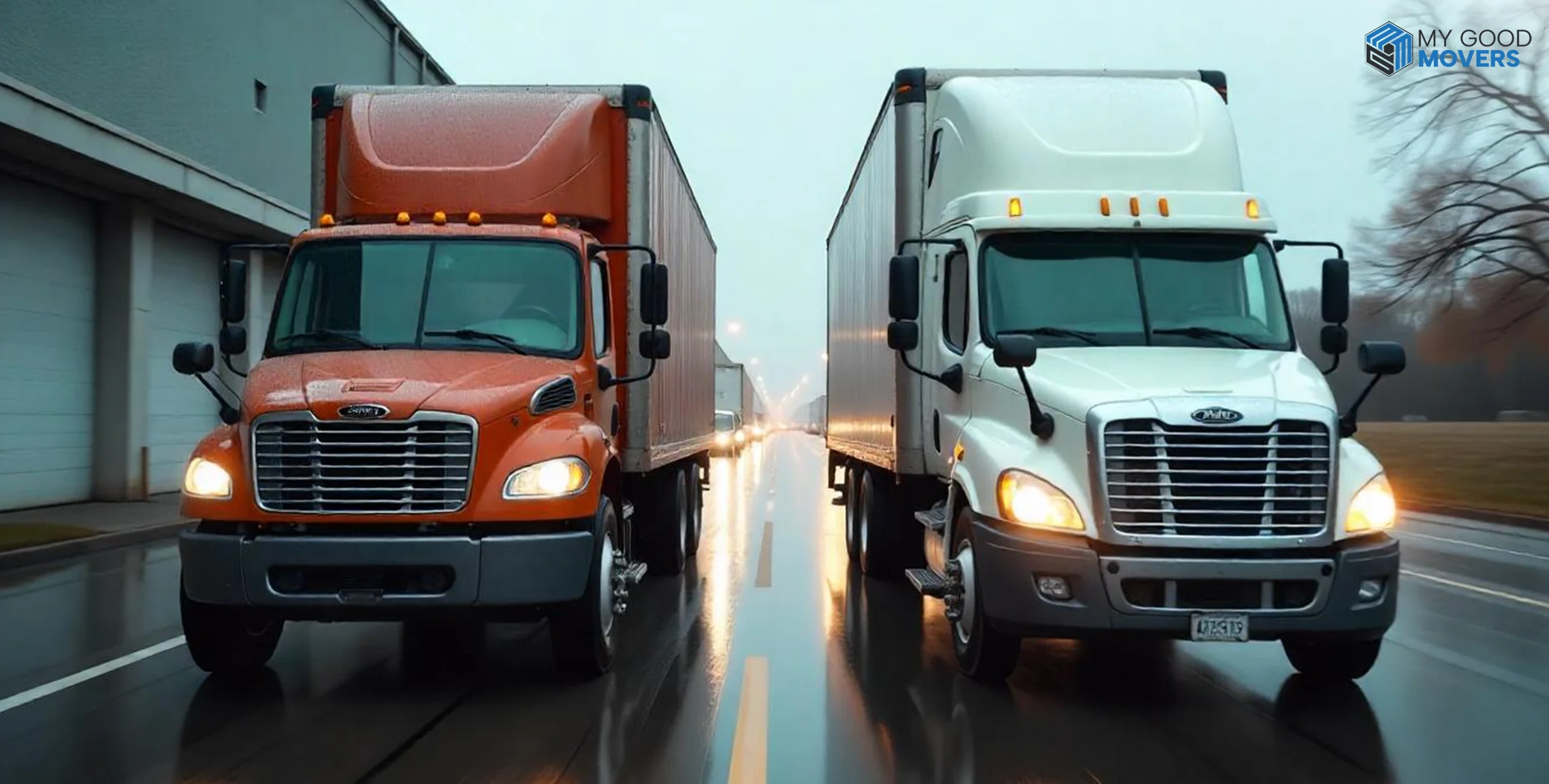















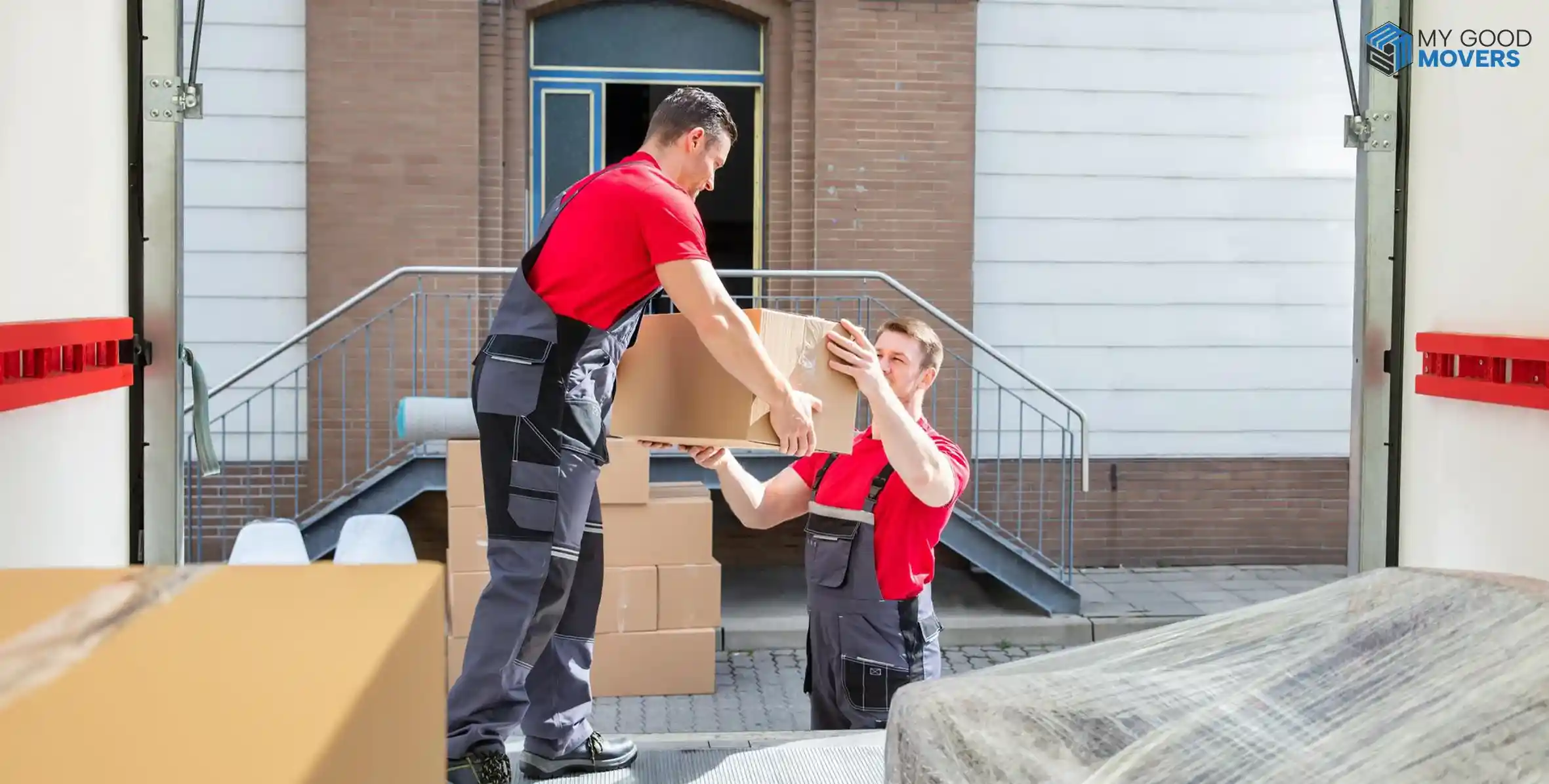




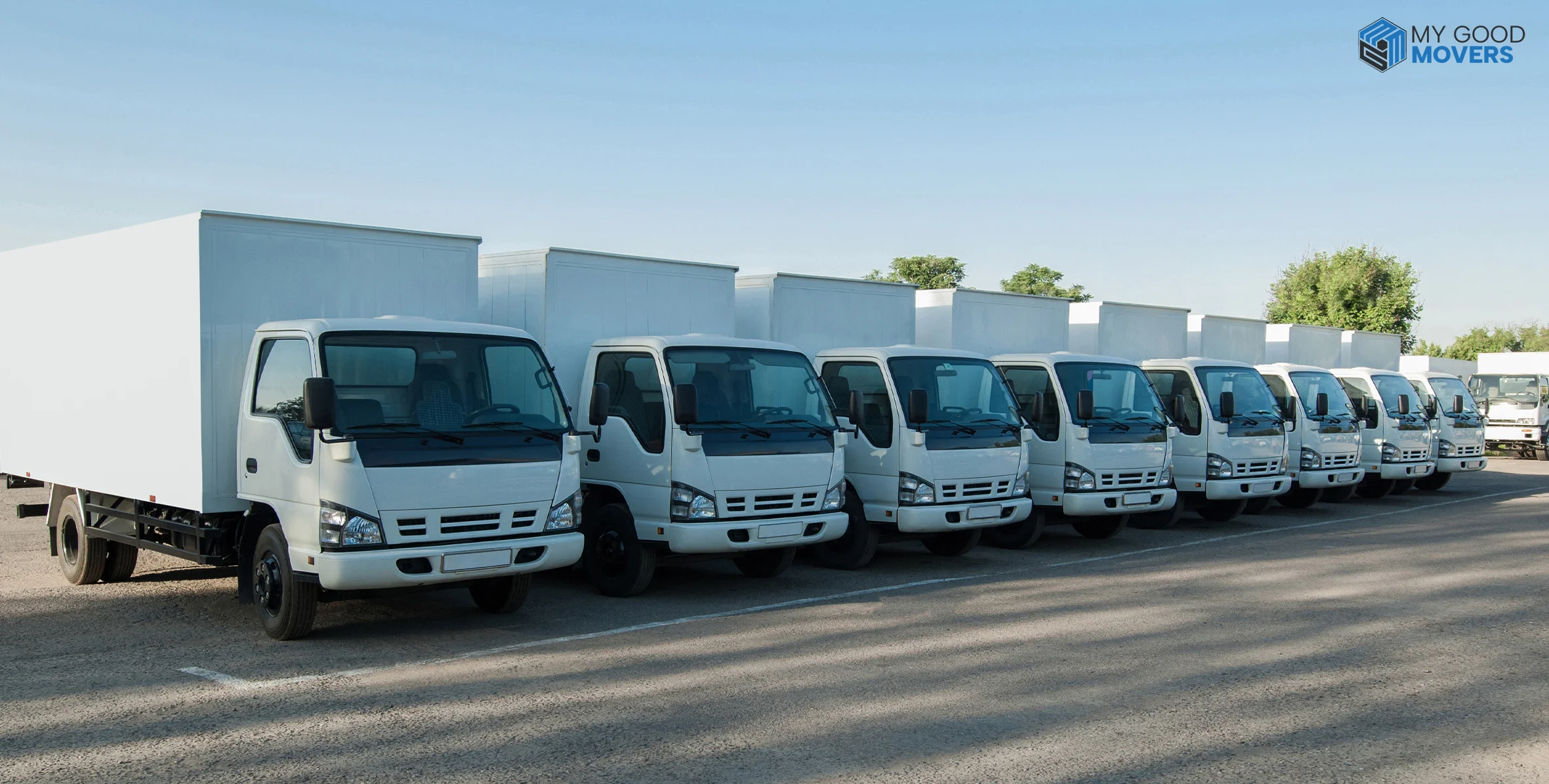













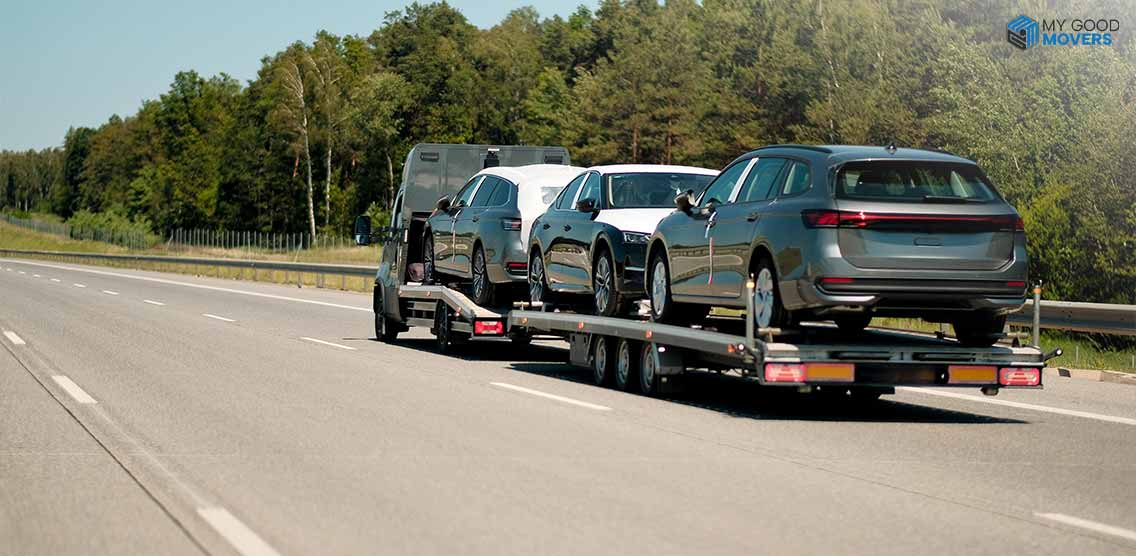
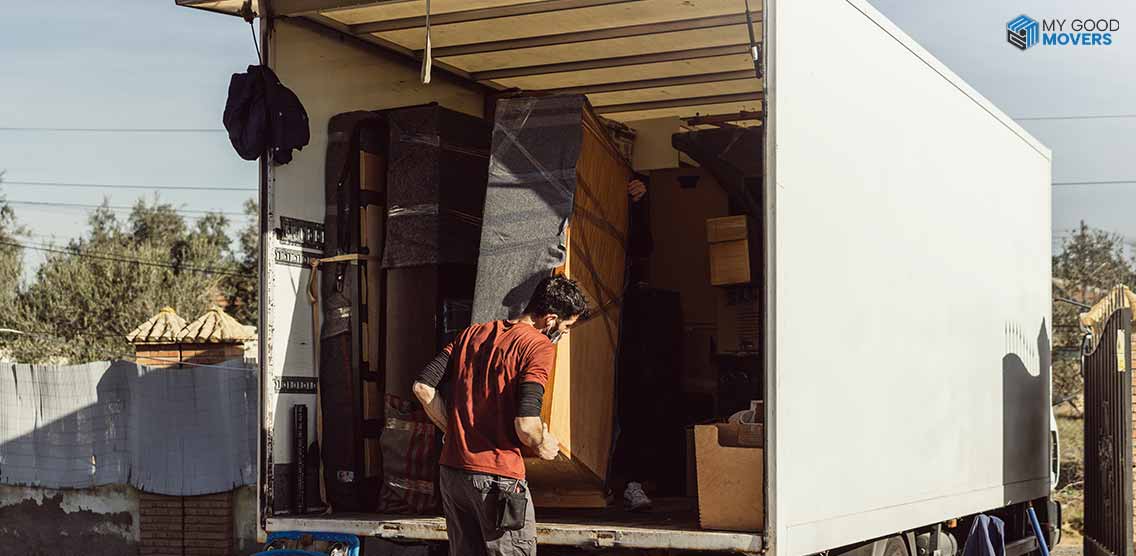




















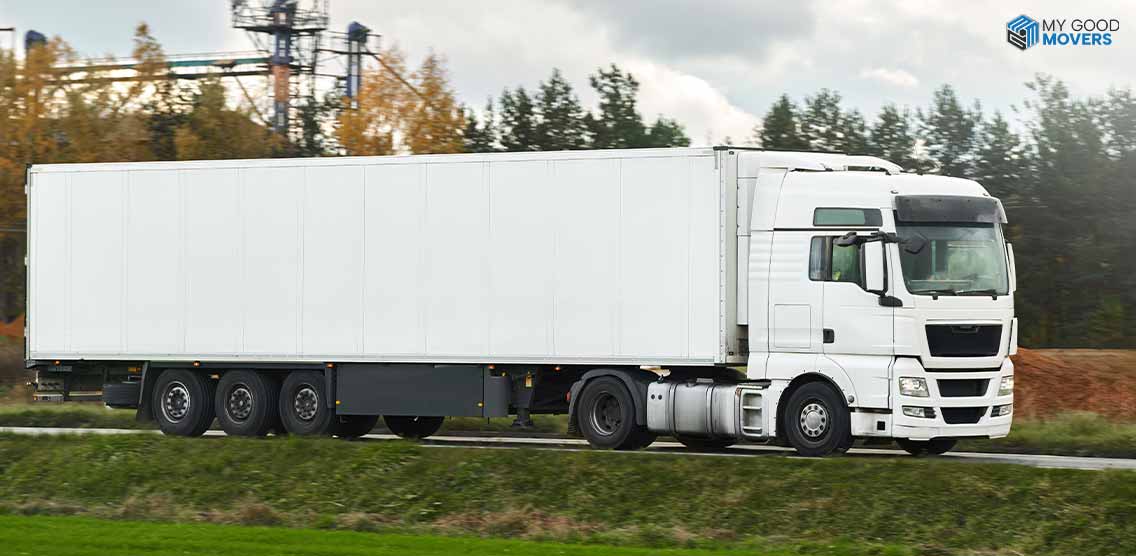



















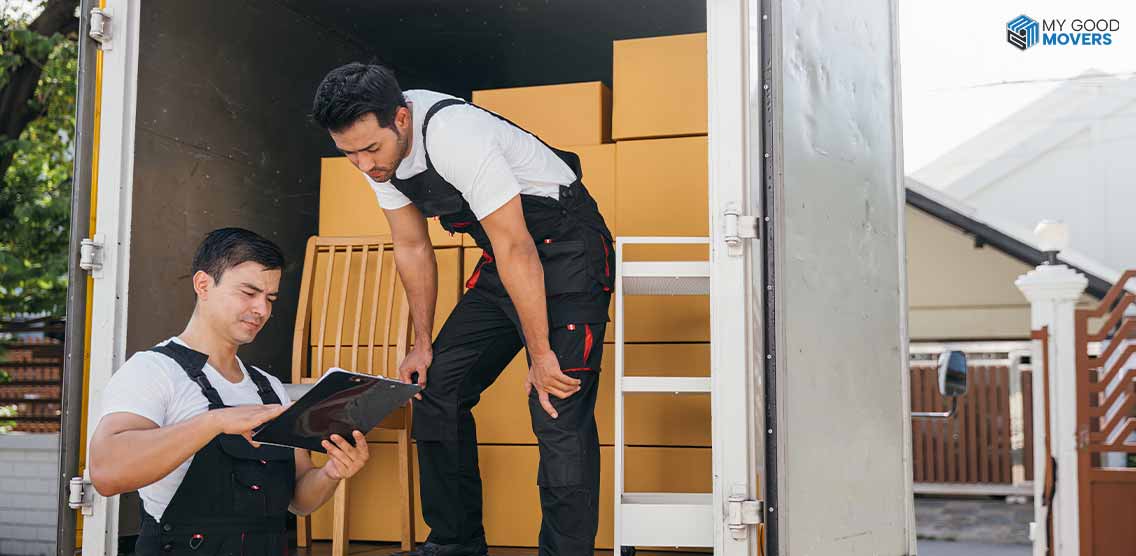

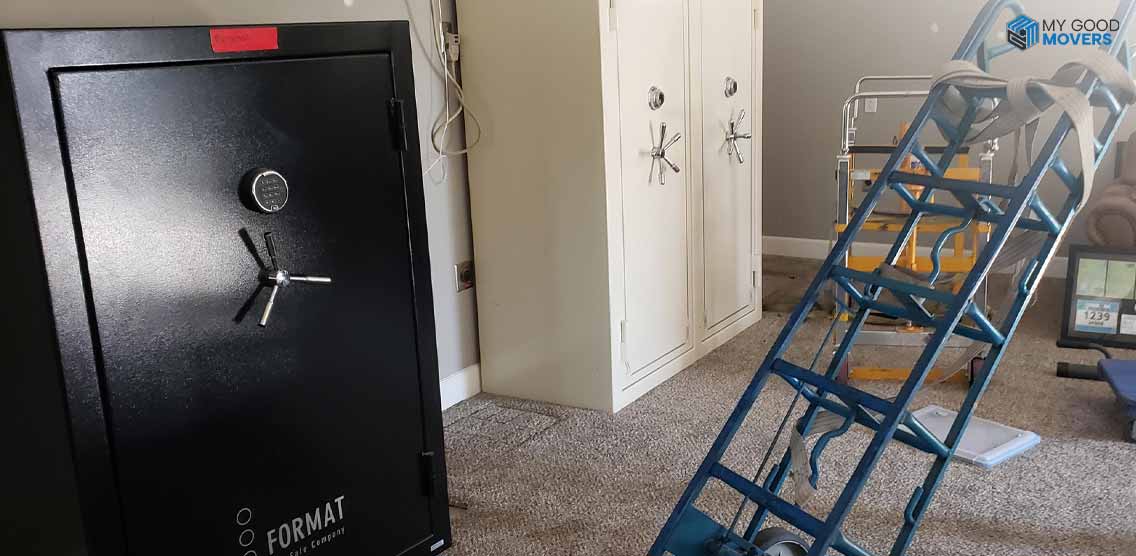








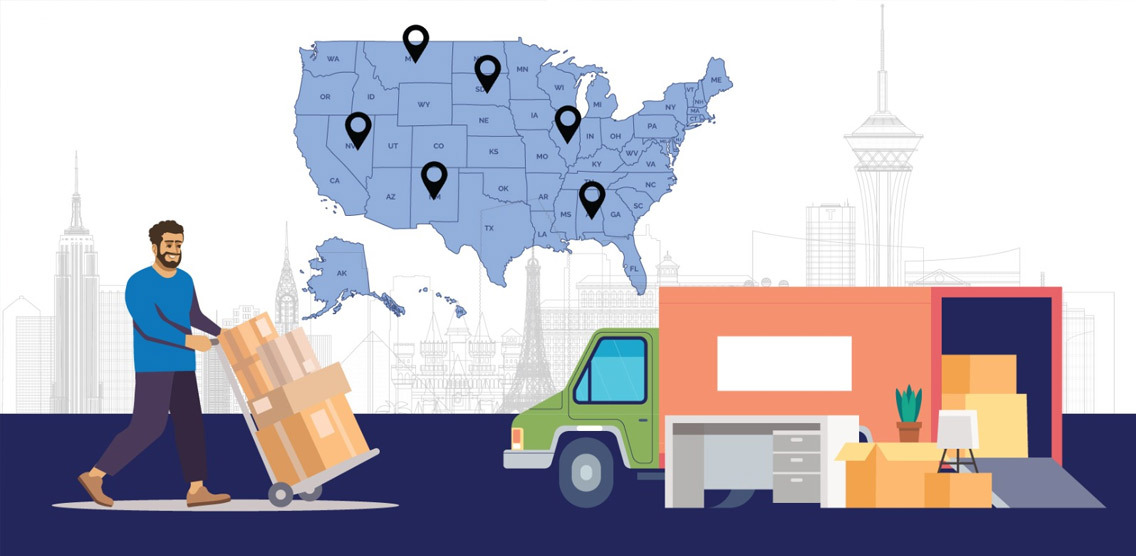
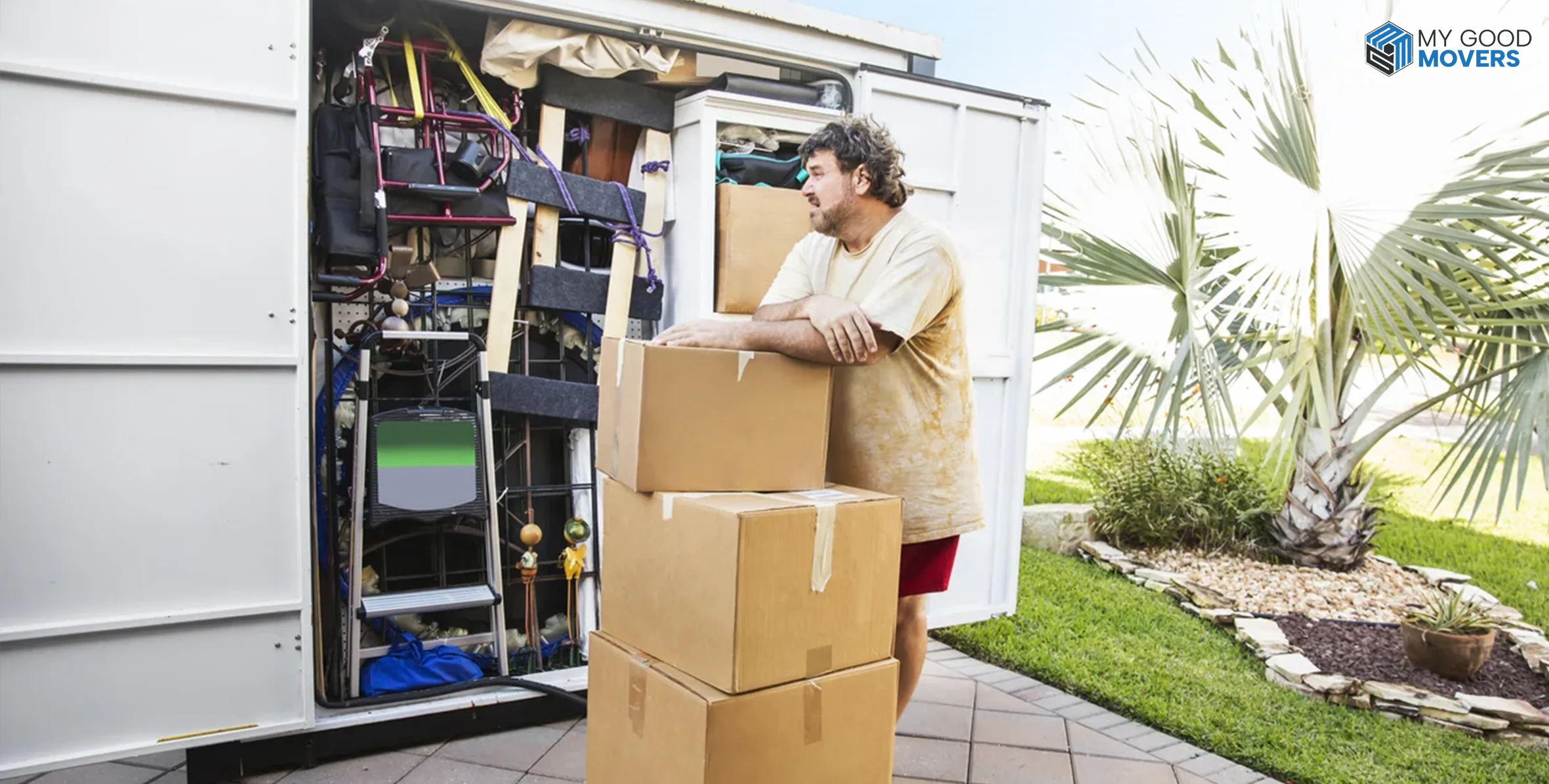
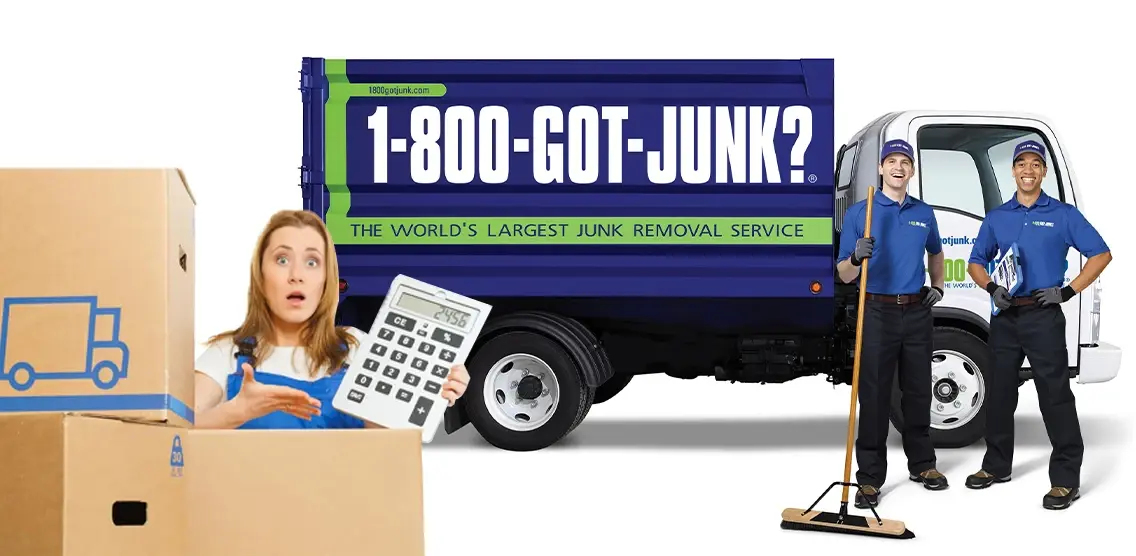
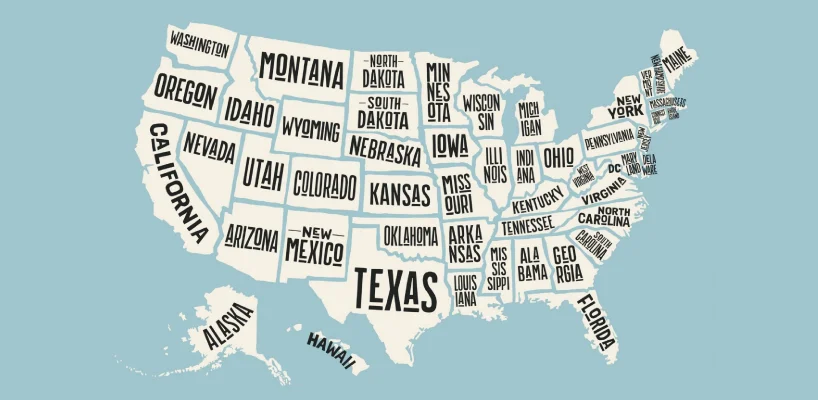





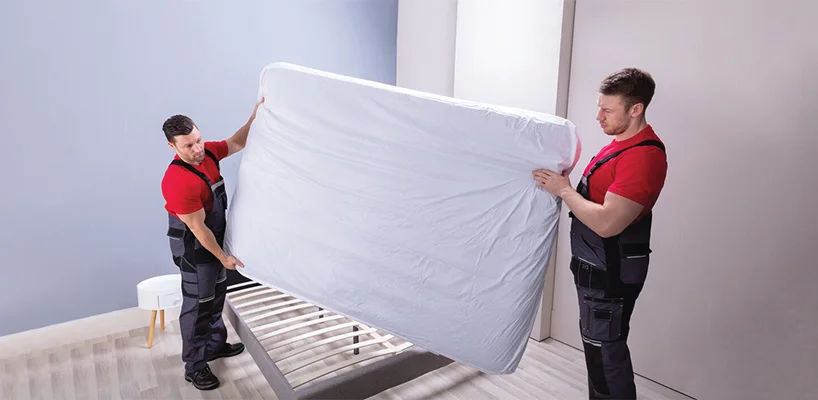
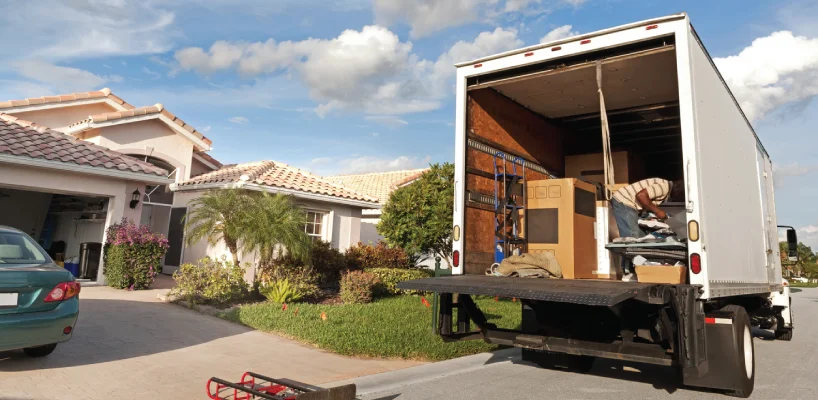




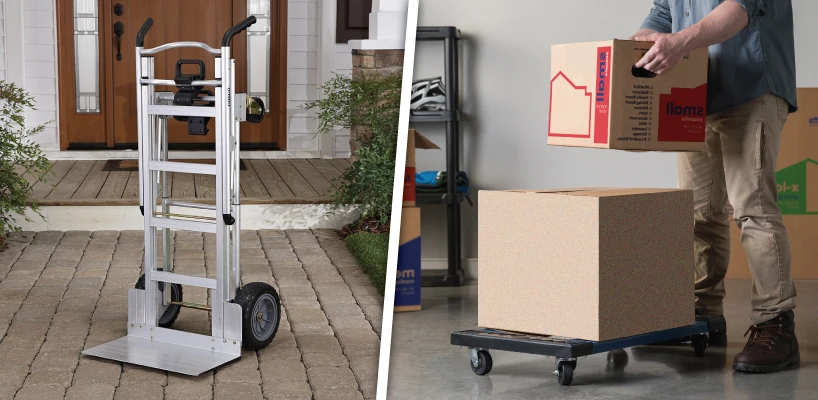
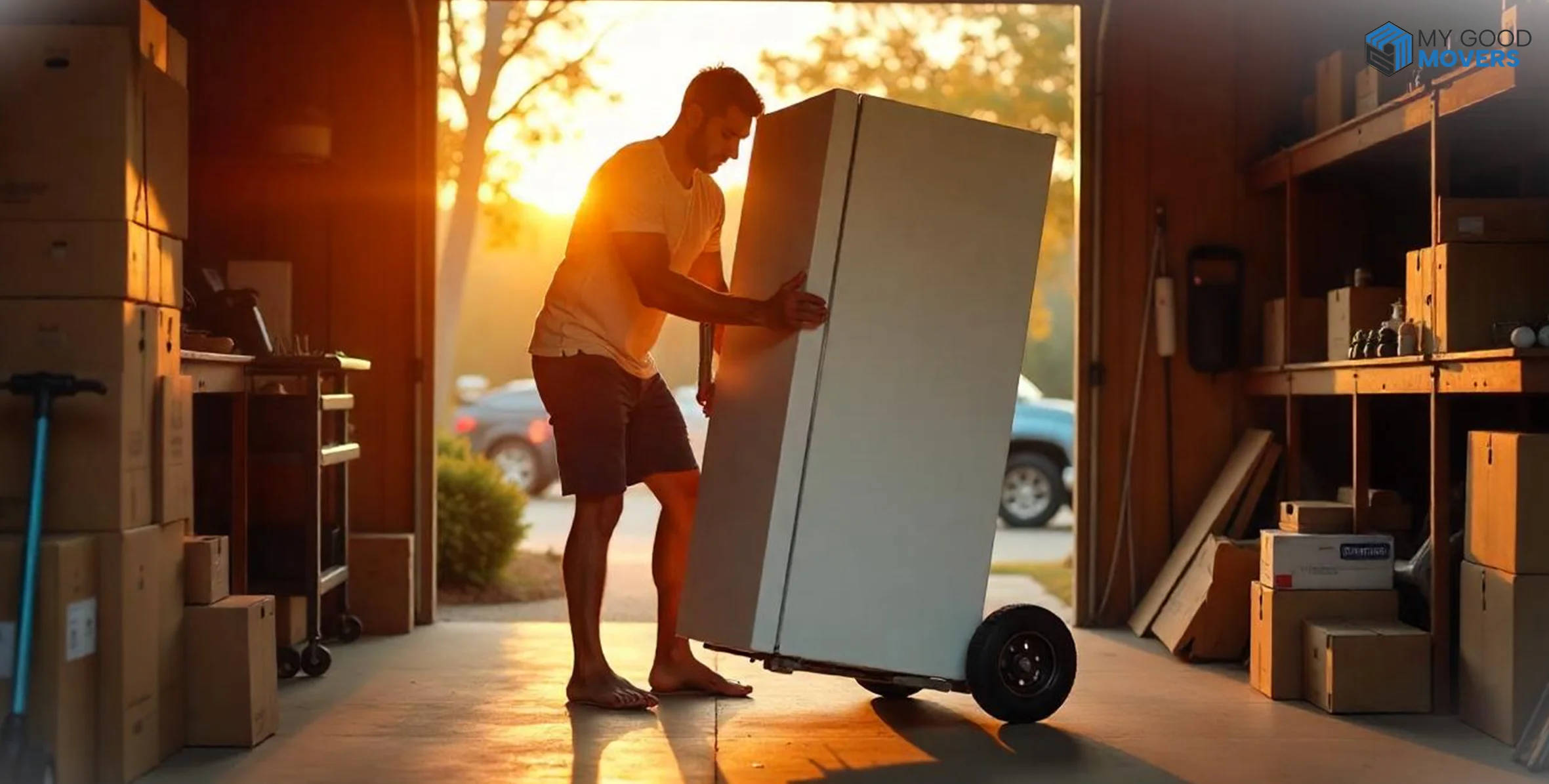
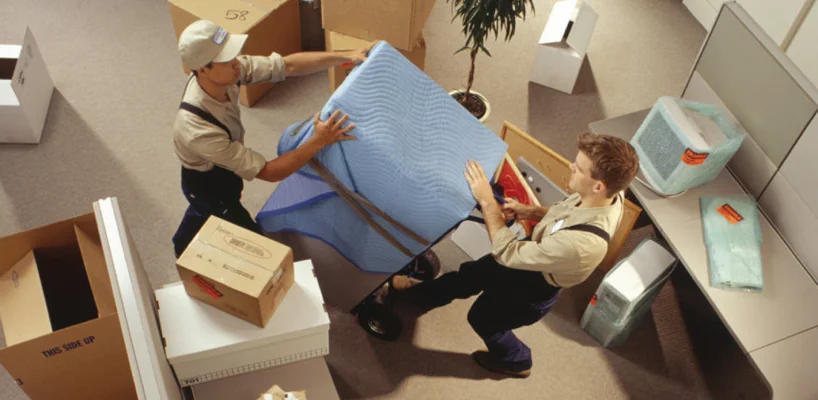


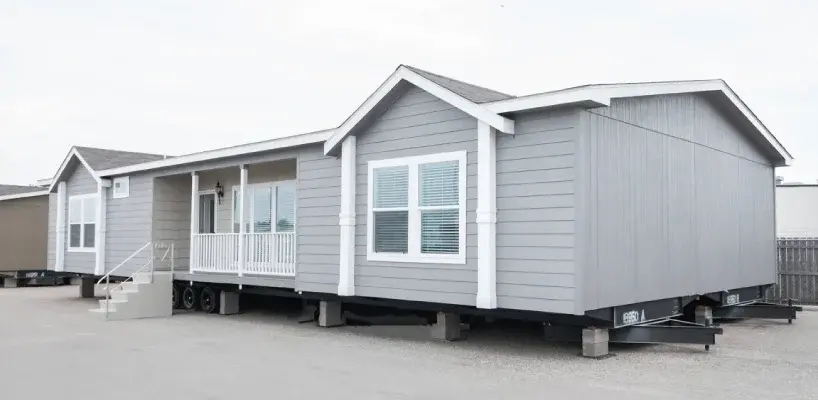


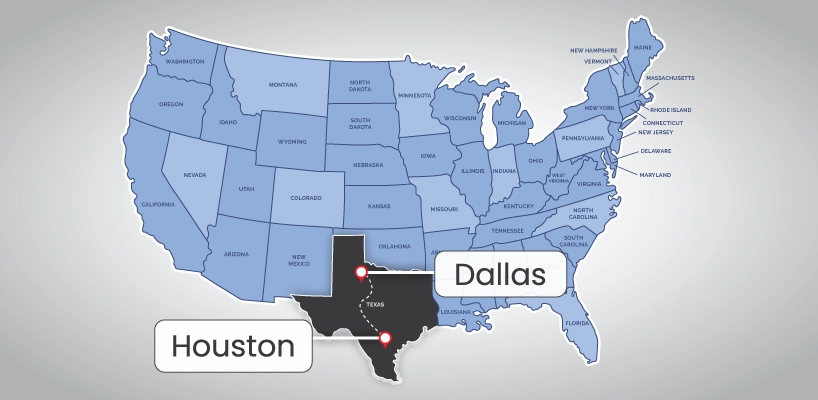


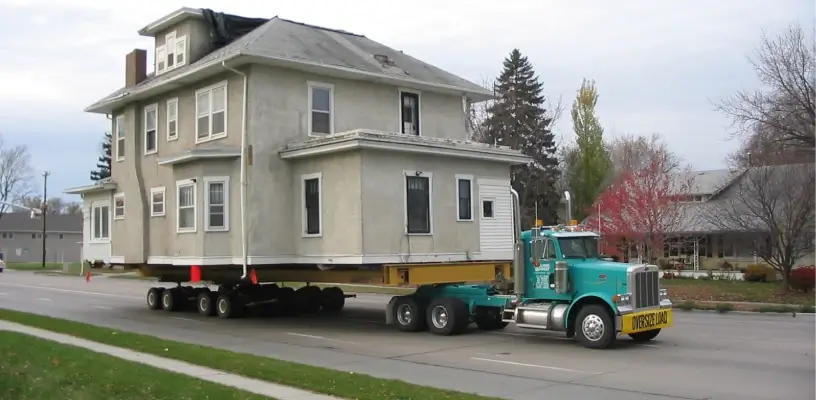
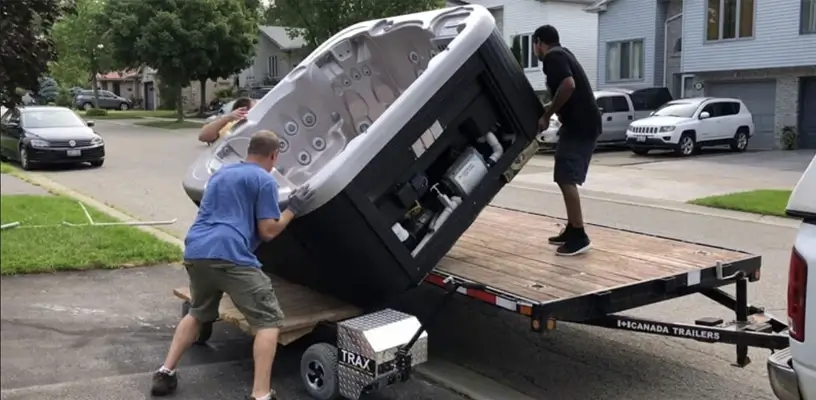






 (239) 799–6077
(239) 799–6077